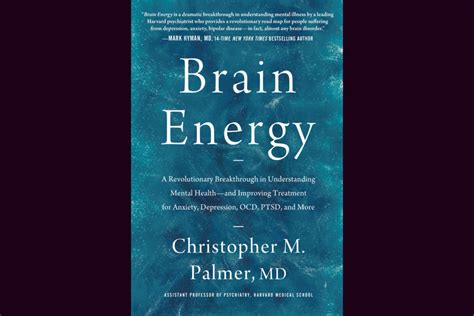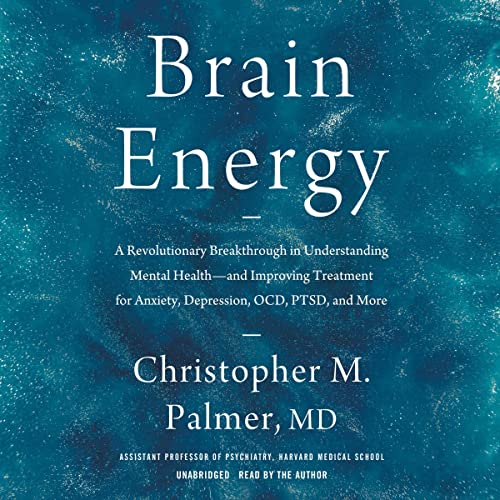In today’s fast-paced work environment, depression has become a significant concern, impacting both personal well-being and career progression. Understanding its prevalence, recognizing the signs and symptoms, and addressing its effects on professional growth are crucial for maintaining a healthy and productive career. This article explores the pervasive issue of depression in the workplace, offering essential insights into its impact on career advancement and providing practical strategies for managing it effectively. We will also highlight available resources and support systems and underscore the importance of seeking professional help. By addressing these aspects, we aim to empower individuals to navigate their careers with resilience and clarity.
Come explore this topic with terylblog.com for a deeper understanding.
1. Prevalence of Depression in the Workplace
Depression is increasingly recognized as a critical issue within the workplace, affecting a significant portion of the workforce globally. Studies reveal that approximately 1 in 5 adults experience depression at some point in their lives, with a substantial number facing its impact while employed. The prevalence of depression in the workplace can lead to decreased productivity, higher absenteeism, and increased turnover rates. According to recent research, nearly 50% of employees struggling with depression report that their work performance has been negatively affected. The stigma surrounding mental health issues often prevents individuals from seeking help, exacerbating the problem. Employers and organizations must recognize the widespread nature of depression and its implications for their workforce. Addressing mental health openly and providing support can not only improve employees’ well-being but also enhance overall organizational performance. Implementing proactive measures and fostering a supportive environment are essential steps in mitigating the impact of depression on the workplace.

2. Signs and Symptoms to Watch For
Recognizing the signs and symptoms of depression in the workplace is crucial for timely intervention and support. Common indicators include persistent feelings of sadness, hopelessness, or anxiety, which can affect an individual’s mood and outlook on work. Employees may exhibit noticeable changes in behavior, such as withdrawal from colleagues, reduced enthusiasm for tasks, or difficulty concentrating on work responsibilities. Physical symptoms like unexplained fatigue, changes in sleep patterns, or frequent headaches can also be indicative of depression.
Additionally, a decrease in productivity, frequent absences, or a decline in the quality of work might signal underlying mental health issues. Emotional signs, such as irritability, heightened sensitivity to criticism, or a general sense of detachment from work, can further highlight the presence of depression. It’s important for both individuals and managers to be aware of these signs to foster a supportive environment. Early recognition and understanding of these symptoms can lead to appropriate support and resources, helping to mitigate the impact of depression and promote a healthier, more productive workplace.

3. Impact of Depression on Career Advancement
Depression can profoundly affect career advancement, often hindering an individual’s professional growth and success. Employees grappling with depression may experience reduced productivity and a lack of motivation, which can impede their ability to meet deadlines and achieve performance targets. This decline in work quality and output can lead to missed promotions, limited career opportunities, and a slower progression up the corporate ladder.
Additionally, depression can impact an individual’s ability to network and build professional relationships, essential for career growth. The emotional and physical exhaustion associated with depression often results in frequent absences and diminished engagement in work-related activities, further isolating the affected employee from important career-building experiences.
The stigma surrounding mental health issues can also discourage individuals from seeking necessary help or discussing their challenges with supervisors, leading to a lack of support and understanding. Over time, this isolation can contribute to a negative perception of the individual’s work ethic and potential, ultimately affecting their career trajectory and professional development. Addressing depression openly and seeking appropriate support are crucial for mitigating these impacts and fostering career advancement.

4. Strategies for Managing Depression at Work
Managing depression at work requires a multifaceted approach that combines self-care strategies with workplace support. First and foremost, employees should prioritize self-care by maintaining a balanced lifestyle that includes regular exercise, a healthy diet, and sufficient sleep. Incorporating stress-reducing activities such as mindfulness or meditation can also be beneficial.
Open communication with supervisors or HR can help in creating a supportive work environment. Discussing reasonable accommodations, such as flexible work hours or a temporary reduction in workload, can provide relief and aid in managing symptoms. Employees should consider utilizing Employee Assistance Programs (EAPs) or seeking professional counseling to address mental health concerns and develop coping strategies.
Building a strong support network within the workplace is also essential. Developing positive relationships with colleagues can provide emotional support and reduce feelings of isolation. Additionally, setting realistic goals and breaking tasks into smaller, manageable steps can help mitigate feelings of overwhelm.
Employers play a crucial role by fostering a culture of mental health awareness and support. Implementing training programs for managers on recognizing and addressing mental health issues, promoting work-life balance, and ensuring access to mental health resources can significantly improve the overall work environment and support employees dealing with depression.
5. Resources and Support Systems Available
A variety of resources and support systems are available to help individuals manage depression in the workplace. Employee Assistance Programs (EAPs) are a key resource, offering confidential counseling, mental health support, and referrals to specialized services. Many organizations provide access to mental health professionals through these programs, which can assist with both immediate concerns and long-term management strategies.
Additionally, online resources such as mental health apps and support groups can offer valuable tools for self-help and peer support. These platforms often include features like mood tracking, stress management techniques, and access to virtual therapy sessions.
Professional counseling and therapy are also essential resources. Licensed therapists can provide personalized treatment plans, coping strategies, and support tailored to individual needs. Some workplaces offer subsidized or on-site therapy services to make these resources more accessible.
Support networks, such as mental health advocacy organizations and community groups, can provide additional support and information. These organizations often offer workshops, educational materials, and support groups that can help individuals understand and manage their mental health challenges effectively. Accessing these resources can play a significant role in improving workplace well-being and overall mental health.
6. Importance of Seeking Professional Help
Seeking professional help is crucial for effectively managing depression and mitigating its impact on career advancement. Mental health professionals, including therapists and counselors, are trained to provide specialized support and treatment tailored to individual needs. They can offer evidence-based therapies, such as cognitive-behavioral therapy, which have proven effective in managing depression.
Professional help ensures a structured approach to addressing the underlying causes of depression, developing coping strategies, and setting realistic goals for improvement. This support can be pivotal in preventing the progression of symptoms and improving overall quality of life.
Moreover, professional intervention provides a safe and confidential space to discuss challenges without fear of judgment or stigma. It allows individuals to gain insights into their mental health, receive guidance on managing symptoms, and explore treatment options that best suit their situation.
Taking the step to seek professional help not only enhances personal well-being but also contributes to a more productive and fulfilling career. It empowers individuals to navigate their work environment with greater resilience and clarity, ultimately supporting long-term career success and growth.
Addressing depression in the workplace is vital for both personal well-being and professional growth. By understanding its prevalence, recognizing signs, and implementing effective management strategies, employees can better navigate their mental health challenges. Utilizing available resources and seeking professional help are key steps in mitigating the impact of depression on career advancement. Creating a supportive work environment and fostering open communication about mental health can enhance overall productivity and job satisfaction. Ultimately, taking proactive measures to manage depression not only improves individual outcomes but also contributes to a healthier, more supportive workplace.
terylblog.com
